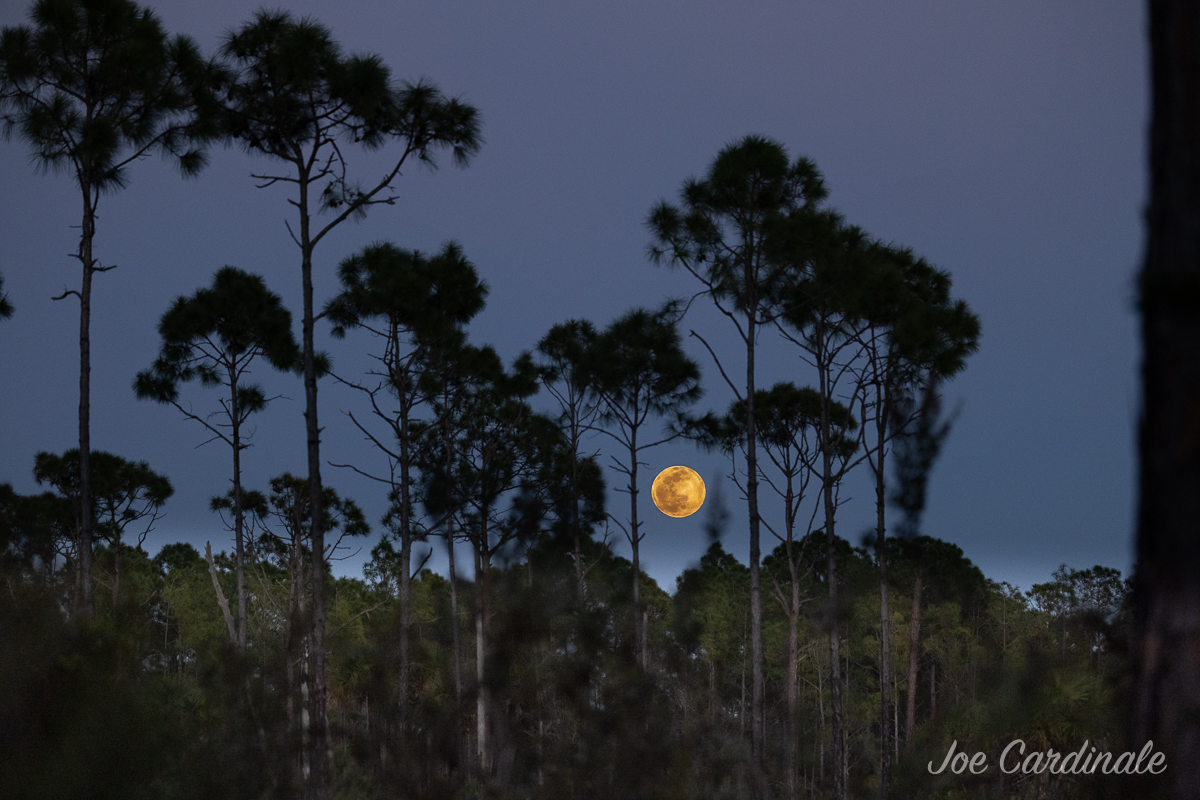The humanity of wildlife: Exploring dangerous ideas that connect the experiences of humans and wildlife led by Billy Gunnels December 16, 2016, register here!
Join CREW Trustee Dr. Billy Gunnels on a fascinating stroll on the CREW Trails where we will explore anthropomorphism and its place in the scientific world. As children, we are taught to think about wildlife in very human terms. Animals, in all their various shapes and forms, are the most common protagonists in fables that serve as parables to teach us about morality, socialization, and other life lessons. This role of and perspective about animals changes dramatically as we mature and are taught to avoid such anthropomorphic perspectives as adults – wildlife are not people and people are not wildlife. This “adult” insight has value. However, anthropodenial is also scientifically inaccurate. In this strolling science seminar, we will look at cases where humans and wildlife share similar experiences and motivations and cases where they do not. This will provide a richer and more complete understanding of wildlife at CREW.
Billy Gunnels is a father, scientist, and educator. Professionally, he is an associate professor at Florida Gulf Coast University. Where he explores animal behavior, social evolution, and human-animal interactions in both research and teaching. When asked about CREW he replied, “ I love CREW and the role that this landscape has on our region. As such, I have served as a trustee on the CREW Land and Water Trust for many years”.
Registration is required, you can sign up by clicking here.
Want to learn more about anthropomorphism? Dr. Billy Gunnels recommends the two articles below:
De Waal, F. (1997). Are we in Anthropodenial? Discovery Magazine
De Waal, F. (2016). What I learned from Tickling Apes. New York Times
This is part of the CREW Strolling Science Seminar series, an annual series of scholarly walking seminars designed specifically for adults to gain in-depth knowledge about the science of CREW. Become a CREW Member and get a discount on your ticket TODAY. Non-members may join CREW and become eligible to take advantage of the member discount for all workshops by going to https://crewtrus.mystagingwebsite.com/become-a-member/ or by calling 239-657-2253.


